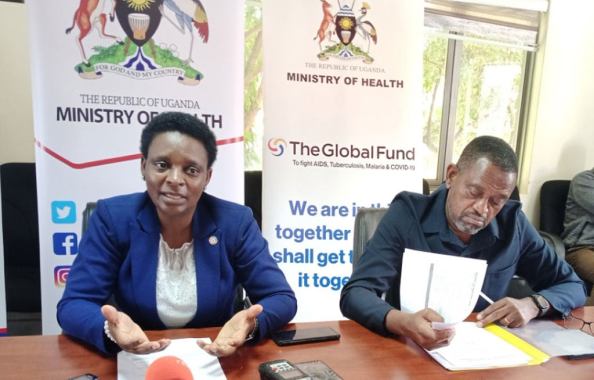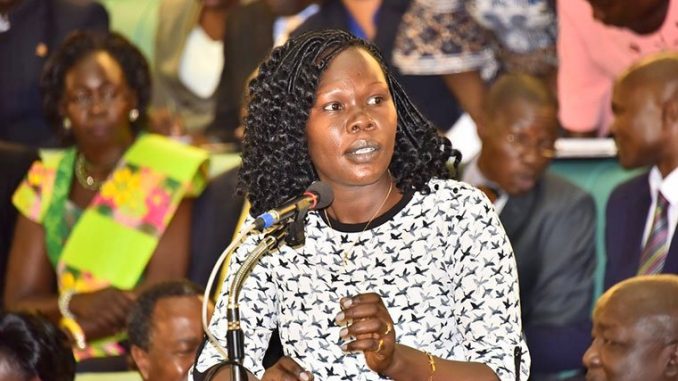The Uganda government has set an ambitious yet attainable goal of eliminating two debilitating infectious diseases within the next decade.
The minister of Health Jane Ruth Aceng announced that Uganda is committed to ending tuberculosis (TB) and leprosy as public health problems by 2030.
This new target aligns Uganda with global strategies to fight TB and leprosy. The World Health Organization has called for the world to end TB epidemics and leprosy by 2030 as part of the United Nations Sustainable Development Goals.
By setting the same deadline, Uganda is demonstrating leadership and dedication to achieving these international health priorities domestically.
“We are intensifying efforts and investing more resources to diagnosis and treat every case of TB and leprosy in the country,” stated Minister Aceng. Strategies will include expanding screening and testing programs, particularly among vulnerable groups.
There will also be a focus on improving treatment completion rates to cure existing cases and prevent further transmission. Budgets for TB and leprosy programs will be increased significantly over the coming decade.
Non-governmental organizations working in public health welcomed the ambitious time frame. “Ending these diseases is achievable with strong political will and committed funding,” said Dr. Peter Enyaru of The Leprosy Foundation.
Others acknowledged the challenges but expressed confidence in Uganda’s health system capabilities if given the necessary support.
If successful, Uganda will reach its TB and leprosy elimination goals ahead of the worldwide 2030 deadline.
This would mark a tremendous public health achievement and improve quality of life for countless Ugandans at risk of contracting these debilitating illnesses. Eliminating the two diseases is also expected to have broad economic benefits for the country.











